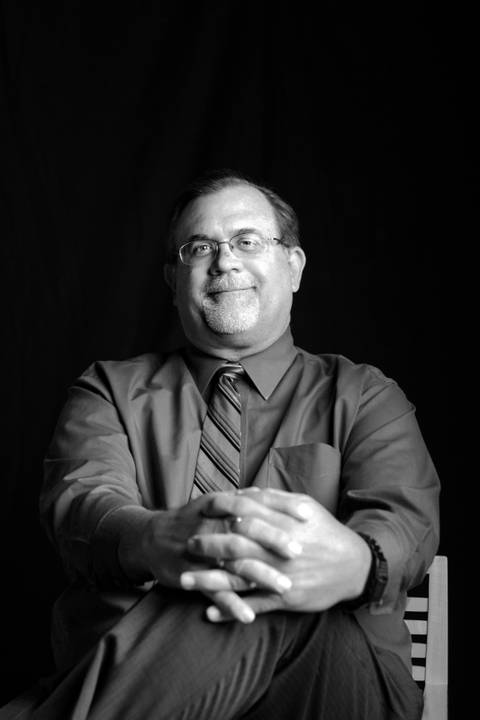VEGAS INC coverage
Listening to Mya Lake Reyes, the Las Vegas Convention and Visitors Authority’s director of diversity marketing and an expert on the LGBT travel market, talk about her compelling visual in her presentation about how to attract more gay and lesbian customers to a destination.
In the slide is a picture of six $100 bills.
“This is what’s important to you,” Reyes told her audience. “When you look at these hundreds, you don’t know whether they came from a black man, an Asian woman or a gay traveler. The important thing to you is that you get it. It all spends the same way, no matter who gave it to you.”
With travelers being far more protective of their hard-earned cash these days, making money has become a bigger challenge for the tourism industry. While things have been tough in Las Vegas, imagine how much harder it is in places like Gabbs, Pioche and Austin where they don’t have iconic magnets like the fountains at Bellagio and Celine Dion down the block.
That’s one of the reasons I was fascinated that Reyes’ presentation, “Straight Talk on the Gay Market,” was scheduled at the Nevada Commission on Tourism’s recent Rural Roundup in Mesquite.
How would marketing to lesbians, gays, bisexuals and transgenders play in rural Nevada? Wouldn’t it be like in Star Trek when matter and antimatter come into contact with each other and the universe explodes?
Could the good people of Beatty and Ely look beyond sexual orientation and welcome the LGBTs with open arms?
I’ll admit, I was skeptical. It’s one thing for Reyes to sell the straight talk message in Las Vegas, where almost anything goes. It’s another to bring it to downtown Tonopah.
Larry Friedman, the commission’s acting director, has worked a long time with rural tourism entities. Before accepting the director’s role on an interim basis late last year, Friedman was the point man with the rural communities and has gotten to know the people well.
“In all my years in the industry, I’ve never run across any homophobia in rural Nevada,” he said. “Never.”
I figured I’d see for myself at Reyes’ presentation and find out if the stereotypes are true and how those people handled things.
Darn, I just violated one of Mya Reyes’ first rules: Never refer to the community as “those people.” She said it’s OK to reference “LGBT and GLBT,” “partners,” “husbands and wives,” “sexual orientation” and “gender identity.”
It’s not OK to reference “sexual preference,” “alternative lifestyle,” “your friend,” “those people,” “that market” and “homosexual.”
And Reyes said to avoid at all costs the words “queer,” “lifestyle,” “homo” and “transvestite.” I’m sure there are a few other terms that I won’t include here.
Her presentation was filled with nuggets of information about marketing to LGBTs.
The U.S. Census Bureau says 10 percent of the nation’s population is gay and one in seven people have a gay family member, co-worker, neighbor or friend.
There are 15 million gay adults in the United States and their median age is 45. They have buying power of $690 million and their average household income is $82,000 a year—and 35 percent have household incomes in excess of $100,000 a year.
Sixty-four percent are college graduates (compared with the 29 percent national average) and 85 percent take annual vacations compared with 64 percent of the national average. Reyes said 40 percent will increase their leisure travel this year.
Surveys have found that Las Vegas is one of the best at marketing to gay travelers.
Because 65 percent of lesbians are in relationships, they have travel partners. Lesbian partners have more passports than their heterosexual counterparts.
Bottom line? There’s money to be made if you pay attention to the gay market—and there’s a respectful relationship. After watching the interaction between the rural vendors and the gay travelers attending the session, I had my answer. The universe isn’t going to explode.
I’ll admit, I had been a victim of my own stereotypical thinking. Yes, I had completely misjudged the rural folks. Maybe you had, too.
So try to put your biases and bigoted thinking behind you about rural Nevadans. They’re not the rednecks and dirt farmers many have made them out to be.
Oh, and some of the stereotypes about gays are wrong, too.
